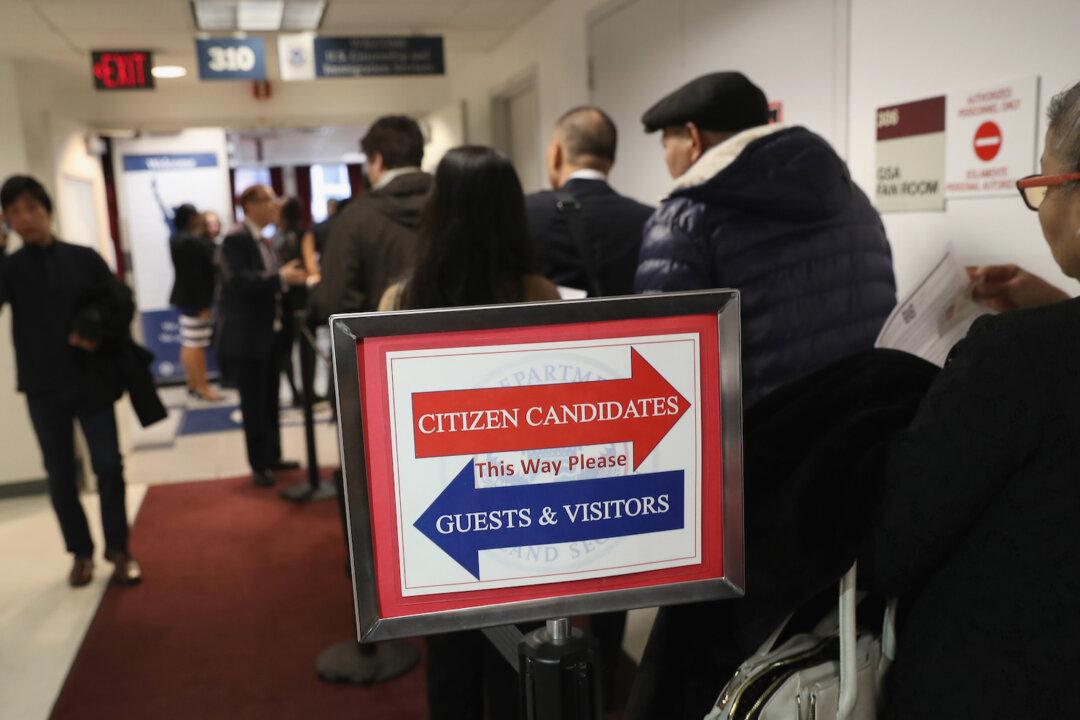A federal judge in New York on Wednesday has blocked the Trump administration from enforcing its “public charge” immigration rule until the pandemic-related national emergency is over.
Judge George Daniels from the U.S. District Court for the Southern District of New York granted a preliminary injunction that blocks the federal government from implementing its rule during the length of the national public health emergency, which was declared in response to the CCP (Chinese Communist Party) virus pandemic.




